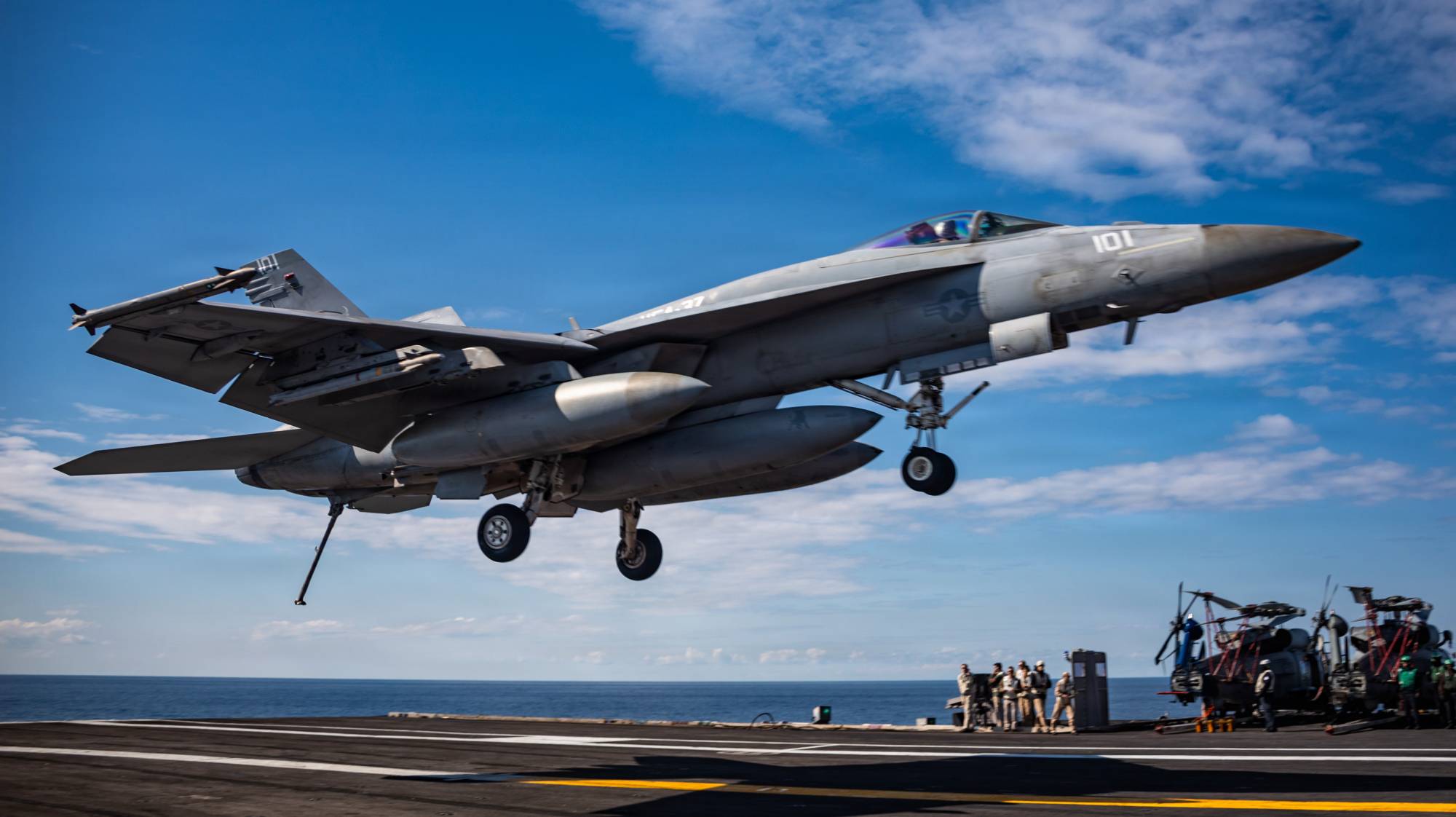Israeli forces stepped up strikes across the Gaza Strip on Thursday, killing at least 40 people, Palestinian medics said, in further battle with Hamas-led militants as Israel braced for potential wider war in the region.
Israeli airstrikes hit a cluster of houses in central Gaza's Al-Bureij camp, killing at least 15 people, and the nearby Al-Nuseirat camp, killed four, medics said. Nuseirat and Bureij are among the densely populated enclave's eight historic camps and seen by Israel as strongholds of armed militants, Reuters reported.
Israeli aircraft also bombed a house in the heart of Gaza City in the north, killing five Palestinians, while another airstrike in the southern city of Khan Younis killed one person and wounded others, according to medics, Reuters reported.
The armed wings of Hamas and Islamic Jihad said they were firing anti-tank rockets and mortar bombs at Israeli forces operating across Gaza, causing deaths and injuries among them.
Israel's military said it had struck dozens of military targets across Gaza over the past 24 hours, including rocket launching pads.
Since the Gaza war started on Oct. 7 last year, at least 39,699 Palestinians have been killed, including 22 within the past 24 hours, and 91,722 injured in Israel's devastating air and ground war in Gaza, the Gaza health ministry said in an update on Thursday.
The ministry in the Hamas-run territory does not distinguish between combatants and civilians in its death lists.
As Gaza's war churns on, Israel has been battening down for another attack expected in the coming days following vows from Iran and its Lebanon proxy Hezbollah to retaliate for the assassinations last week of Hamas leader Ismail Haniyeh in Tehran and Hezbollah military commander Fuad Shukr in Beirut.
A relatively contained conflict between Israel and Hezbollah along its northern border, a spillover from the Gaza fighting, now threatens to spiral into an all-out regional war.
- MORE BURIALS IN GAZA
On Thursday dozens of Palestinians rushed into Nasser Hospital in Khan Younis to bid farewell to slain relatives before carrying them away for burials.
Reuters footage showed relatives moving out the bodies of their loved ones in plastic bags with names written on them, and holding special prayers before the funerals.
The Israeli military renewed evacuation orders to Palestinian residents in several districts in eastern Khan Younis, saying it would act forcefully against militants who had unleashed rockets from those areas.
The army posted the evacuation order on X, and residents said they had received text and audio messages.










